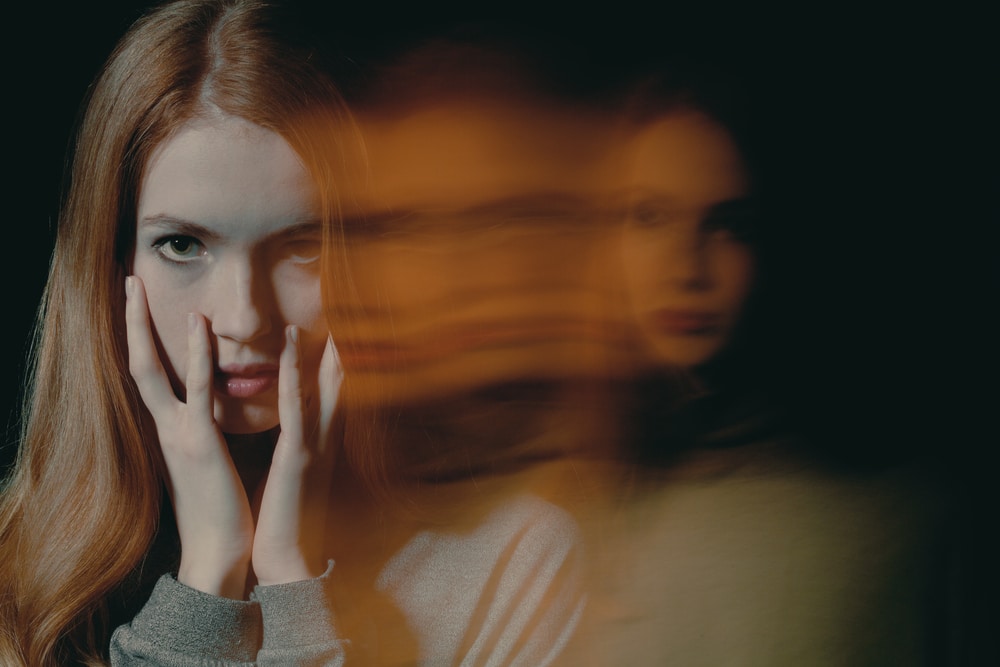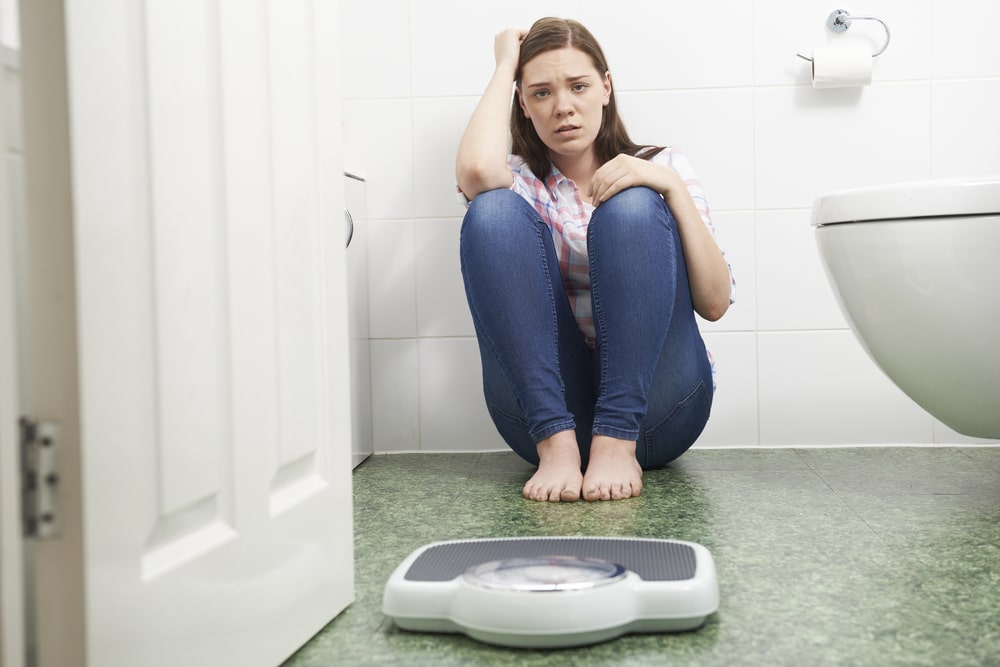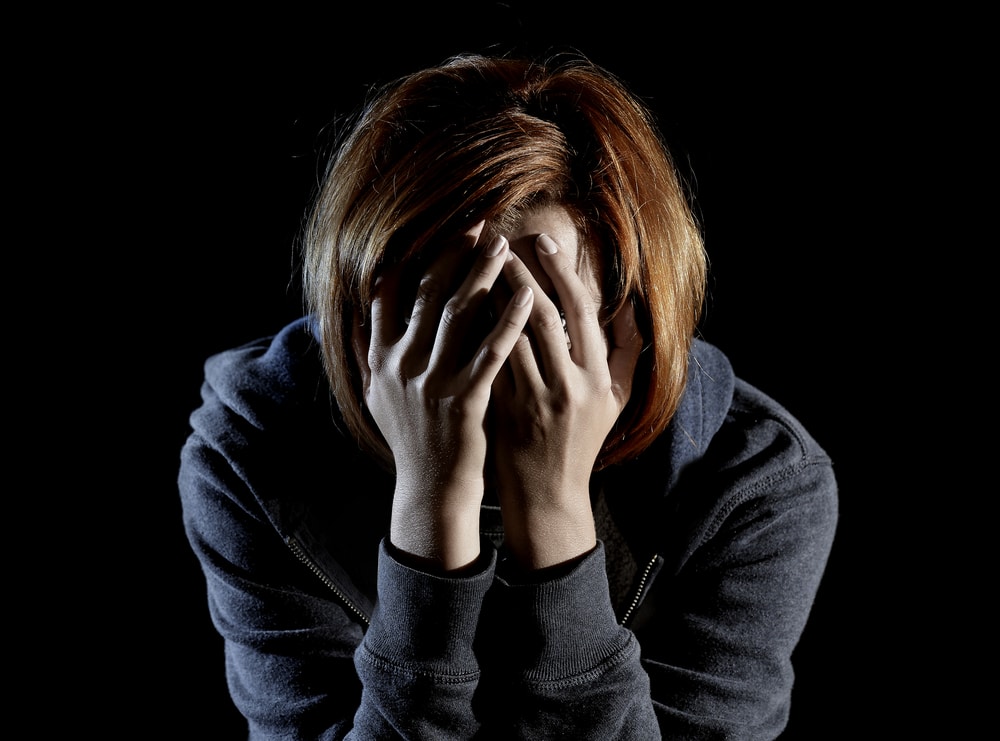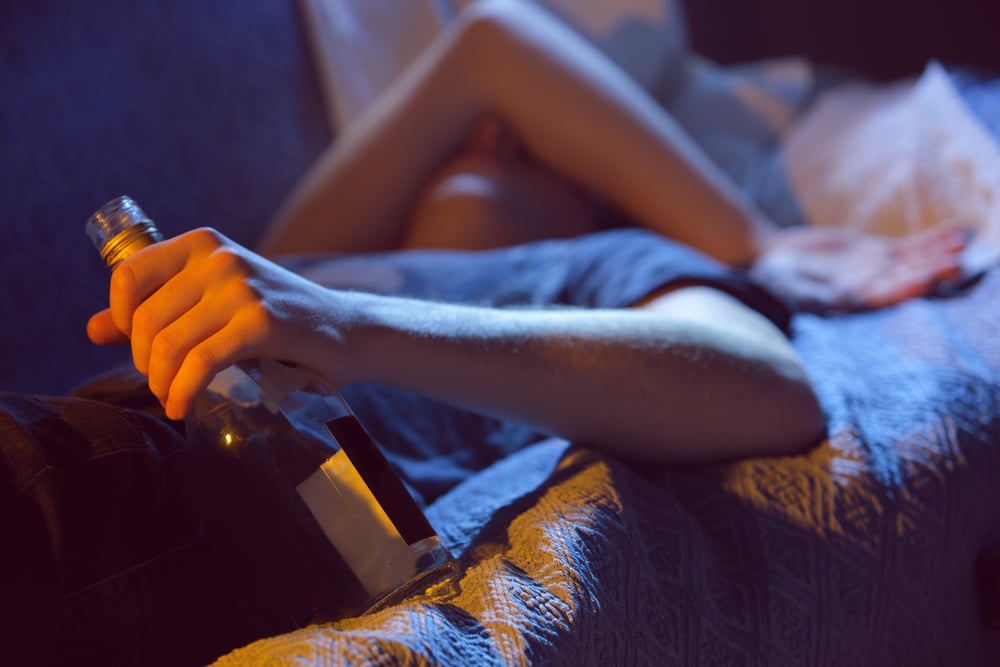Many individuals with a substance addiction also have co-existing mental health conditions such as bipolar disorder. Previously referred to as manic depression, bipolar disorders create mood swings between extreme emotional highs and lows. In a study of individuals who develop bipolar disorder, approximately 60 percent had some account of substance abuse.
Although it’s not entirely known why bipolar disorder makes individuals more likely to abuse substances. Alcohol and drug addiction often make the manifestations of bipolar disorder worse. Those with no records of mental health issues could also develop a bipolar disorder that was earlier dormant as a result of substance abuse.
Continue reading on to learn more about co-occurring mental illness, substance addiction, and dual diagnosis treatment.
Co-occurring Substance Addiction and Bipolar Disorder
According to the National Institute of Mental Health, individuals with bipolar disorder will undergo radical shifts in mood. These experiences can last days and even weeks at a time. Episodes could happen as little as a few times a year or as frequently as several times a week. Bipolar disorder additionally causes vital changes in one’s energy and concentration.
Chemical imbalances in the brain, coupled with genetics, may cause bipolar disorder. Traumatic conditions are also a hazard factor for comorbid bipolar disorder. This disorder may lead to legal and financial troubles, illicit drug abuse, relationship problems, and suicide. Many individuals who have bipolar disorder are enticed to abuse substances to relieve the obstacles caused by their condition.
There are four varieties of episodes individuals who have bipolar disorder may experience, which include:
Substance-Induced Bipolar Disorder
Various substance use causes physical changes in the brain. The most obvious difference is the brain’s reward system, which makes using substances feel pleasurable. But, changes in the brain reward system can lead to compulsive, substance-seeking behavior and depressive mood disorder. Drug and alcohol abuse rewire other parts of the brain that influence mood and behavior. Substance abuse and addiction can also cause changes in the brain, developing co-occurring bipolar disorder or other mental health disorders.
Bipolar Disorder Symptoms and Consequences
Bipolar disorder symptoms will differ for each who is suffering from them. There are also various symptoms of depressive and manic episodes. Those who also suffer from substance addiction ordinarily also have increased bipolar symptoms.
Major depressive symptoms
Some individuals will experience manic episodes so severe that they become incapable of functioning in social settings. Those experiencing these episodes might require hospitalization. A common manic episode will not be caused by substance abuse. This makes it more difficult to diagnose bipolar disorder if they also suffer from addiction.
Major depressive episode symptoms
Extreme depressive episodes leave individuals unable to function in social or settings. A sufferer’s depressed mood must last at least two weeks to be clinically diagnosed as an episode. Similar to manic episodes, an actual major depressive episode is not the result of substance abuse.
Diagnosing Bipolar Disorder
Diagnosing individuals suffering from bipolar disorder and addiction is severe. The symptoms of the episodes individuals experience with bipolar disorder mimic many signs of substance abuse and addiction. Specialists will diagnose bipolar disorder through various tests to better identify between bipolar disorder and addiction.
Diagnostic testing for bipolar disorder
Psychological tests
A specialist evaluates the feelings thoughts of the patient. They’ll look for evidence of any depressive or manic behavior. They may even interview family and friends to learn more about their patient’s behavior.
Physical Exams
The specialist performs a physical exam to decide if there is anything causing brain imbalances. They’ll also review the patient’s medical history and substance use. Pinpointing the origin of bipolar disorder can help treat the patient’s condition.
Mood Charts
The specialist may ask the patient to chart their mood. Mood charts help define the regularity and length of episodes. Having a distinct record of a patient’s incidents and duration of lasting helps to make an accurate diagnosis.
Making Comparisons
Specialists compare the symptoms of bipolar disorder versus other conditions. Symptoms of bipolar disorder are typical in various situations. For instance, some individuals have major depressive episodes without suffering from bipolar disorder. The signs of intoxication can also simulate some bipolar disorder symptoms.
Substance Abuse, Bipolar Disorder, or Both?
Bipolar disorder symptoms will often mirror the signs of substance use and addiction. Someone going through a manic episode resembles someone on cocaine. Both will experience high energy and mood. Those suffering from a major depressive episode may also experience withdrawal symptoms.
If an addict has a co-occurring bipolar disorder, they’ll need the help of a specialist trained in producing a dual diagnosis. Due to the risk of both symptoms and conditions overlapping, it’s crucial to see an experienced specialist. This specialist can differentiate between symptoms of addiction and bipolar disorder.
Bipolar and Substance Abuse Treatment
Bipolar disorder is a complex psychiatric disease, especially when coupled with a substance use disorder. Bipolar disorder and substance abuse treatment should come from various modalities and methods to address the patient’s psychological, neurological, psychosocial, and physical needs. In addition to intensive individual therapy, patients with dual diagnoses of co-occurring bipolar disorder and addiction could benefit from the following research-based interventions.

Motivational Interviewing
Motivational Interviewing (MI) is a collaborative method in which the therapist and patient become partners in helping the patient define sources of motivation and achieve personal goals. This positive, patient-centered approach is particularly useful in treating those who are working to recover from their substance dependence. Studies have shown that MI could help patients with bipolar disorder overcome conflicted feelings about using psychiatric medication.
Cognitive-Behavioral Therapy (CBT)
Cognitive-behavioral therapy (CBT) addresses the philosophical thought patterns and destructive behaviors that cause depression, addiction, and anxiety. Patients are educated on how to recognize self-defeating thoughts and actions and replace them with more positive, self-assuring coping strategies through individual or group therapy.
Solution-Focused Therapy
Solution-focused therapy (SFT) is a reliable, patient-centered modality that helps patients with mental illness and addiction set and reach particular goals. Rather than investigating deeply into the origins of substance abuse or mental issues, SFT focuses on assessable outcomes of therapy.
Trauma Therapy
A history of trauma, violence, childhood abuse or turbulent living conditions can enhance the severity of the bipolar disorder. Trauma therapy methods like Seeking Safety and Eye Movement Desensitization Reprocessing (EMDR) aim to help the internalized fears and unprocessed memories that could increase anxiety or depression.
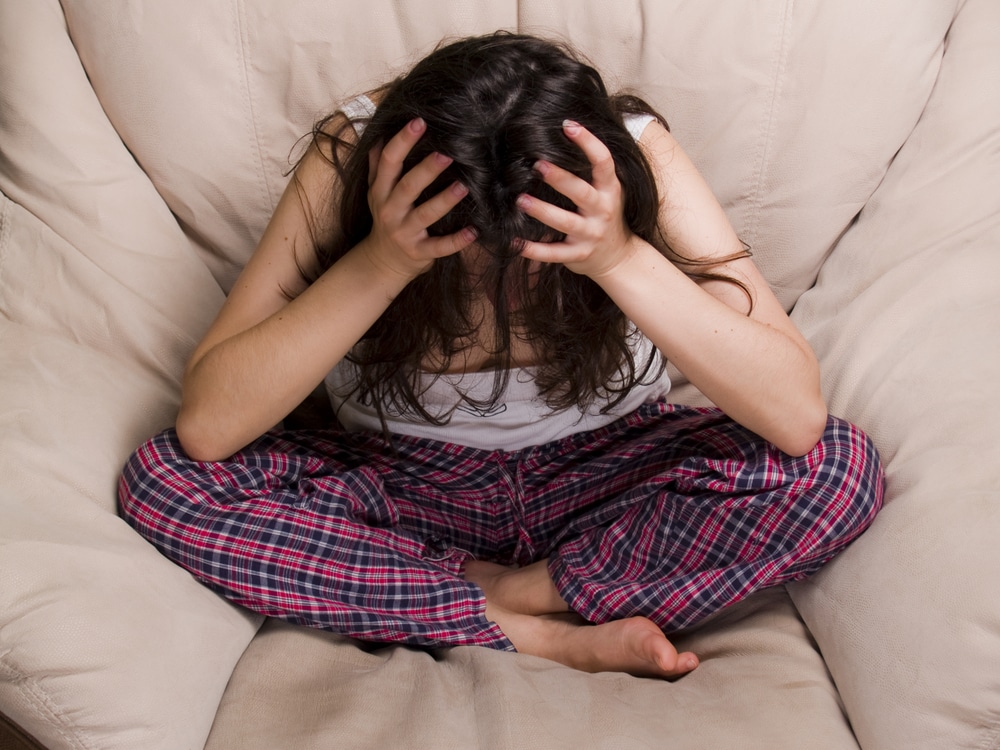
Medication Therapy
For many sufferers of bipolar disorder, medication therapy is an extremely effective way of controlling symptoms. By restoring balance to energy levels and stabilizing moods, psychiatric medications could also help to control the impulse to abuse substances.
Prescription medications must be chosen and regulated carefully, as specific types of medicines can trigger manic events or worsen depression symptoms. The antidepressants that are used to treat major depression might not be as effective at treating bipolar depression and could cause a manic phase in bipolar patients, especially if they are taken without other medications. The most common prescription drugs used for treating bipolar disorder are categorized as:
- Mood stabilizers: Lithium is the most generally prescribed mood-stabilizing medication to treat bipolar disorder. Lithium is most efficient at reducing or preventing the severity of manic events and could be used in combination with other medicines.
- Anticonvulsant drugs: Anti-seizure medications like Divalproex, lamotrigine, topiramate, and carbamazepine, are also prescribed to counter mood changes in those who have bipolar disorder. These medications are particularly useful in reducing the severity and frequency of depression episodes.
- Antipsychotic medications: Quetiapine, risperidone, aripiprazole, and olanzapine are the more conventional antipsychotic medications used to treat bipolar disorder. These medications assist in minimizing delusional thought patterns and erratic moods that create manic phases.
- Additional medications: Additionally to psychiatric medications, pharmacologic treatment for bipolar disorder could include medications that also address the physical symptoms included with bipolar symptoms. These include some blood pressure medications that slow down central nervous system activities and drugs that help to improve hormonal imbalances.
Dual Diagnosis Treatment
To provide comprehensive care for patients with dual diagnoses, substance abuse treatment must co-occur through the same program.
This integrated treatment approach represents a deviation from more old-fashioned methods, which stated that substance abuse treatment and mental health treatment were different fields. Now, integrated rehab programs incorporate therapy for bipolar disorder and other sorts of mental illness with addiction treatment. Some addiction treatment services will include:
- Residential treatment
- Drug and alcohol detox
- Outpatient treatment
- Inpatient mental health treatment
- Outpatient mental health treatment
In the early stages of addiction treatment, many patients require the structure and supervision of an inpatient treatment program. After learning support for addiction recovery and completing the intensive rehab process, patients can transition to outpatient treatment, which provides a more flexible living structure while still giving support to residents.
Getting Help for Bipolar Disorder and Addiction

In contrast, it is easier to diagnose substance use disorders than bipolar disorder. Individuals with a history of episodes prior to their drug abuse disorder are more likely to identify their underlying mental health issues. Still, if the disease developed as a consequence of an addiction, it could be more challenging to determine.
Our treatment center here at Behavioral Health Centers has expertise in treating dual diagnosis. If you or a loved one is suffering from any mental health disorder and addiction, it is vital to see an expert in dual diagnosis.
Contact us today and allow our dedicated treatment providers to educate you on the treatment options for bipolar disorder and addiction. You can reach us here: 772-774-3872.
